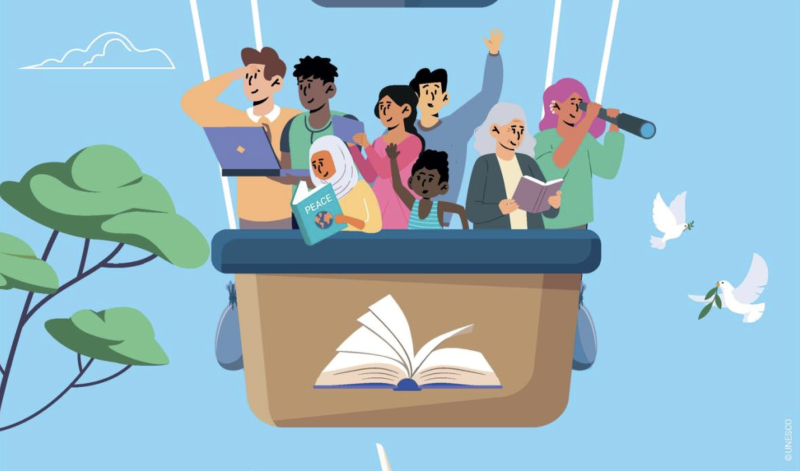At first that may seem like a rather lofty sentiment, but it actually demonstrates the important role of publishing for the future society.
Let us start with just the basic ability to read and the impact that can have on individual lives. Not only can they read to be entertained, they can also read for personal and professional development, education – a world of possibilities is open to them.
As ever successfully raising literacy rates will rely on collaboration of multiple stakeholders. Governments have a major role to play in ensuring high literacy rates through their education policies but also by developing and implementing book policies that take young readers from simply being able to read to reading for pleasure. Support policies are vital in reducing the barriers to that culture of reading for leisure.
As our President, Karine Pansa said in her speech at Book 2.0 in Lisbon Portugal ‘Reading for leisure can be supported by a range of public policies – book vouchers have become a popular way of supporting that, some countries also use policies like the fixed book price. VAT policies are also an excellent tool where we see a number of markets use zero or very low rates, harmonized across all book formats, to support reading. ‘
Different surveys from around the world show that young readers now spend less time reading with more forms of entertainment available to them. It is vital that literacy remains high on government agendas, with national book policies essential. It is then up to book publishers to make sure we continue to work with great authors and illustrators to give children that joy of opening a book.
We can go further though. Reading isn’t just about individual entertainment or personal development. Reading is a vital way to understanding the world around us, to develop empathy for those in different situations or with different backgrounds. That empathy and mutual understanding can help reduce conflict. Publishers assume their responsibility for publishing a wide range of works, from a range of perspectives adapted to readers of different ages. Indeed it is their freedom to publish works that they believe deserve to be read that contributes to a diverse media landscape.
It is vital we recognize that literacy as a concept now has to go beyond the simple ability to read to include the ability to question and understand what we have read in a broader context – this means media literacy and the ability to identify mis- or disinformation.
As part of that, and connected to IPA’s pillar of promoting the freedom to publish, this means ensuring the freedom to read. If readers are to be able to understand the world around them, then they need to be able to read different perspectives. We see a worrying tendency, in many countries, to limiting what books people, and especially young readers, are able to access. This can only lead to division and conflict.

